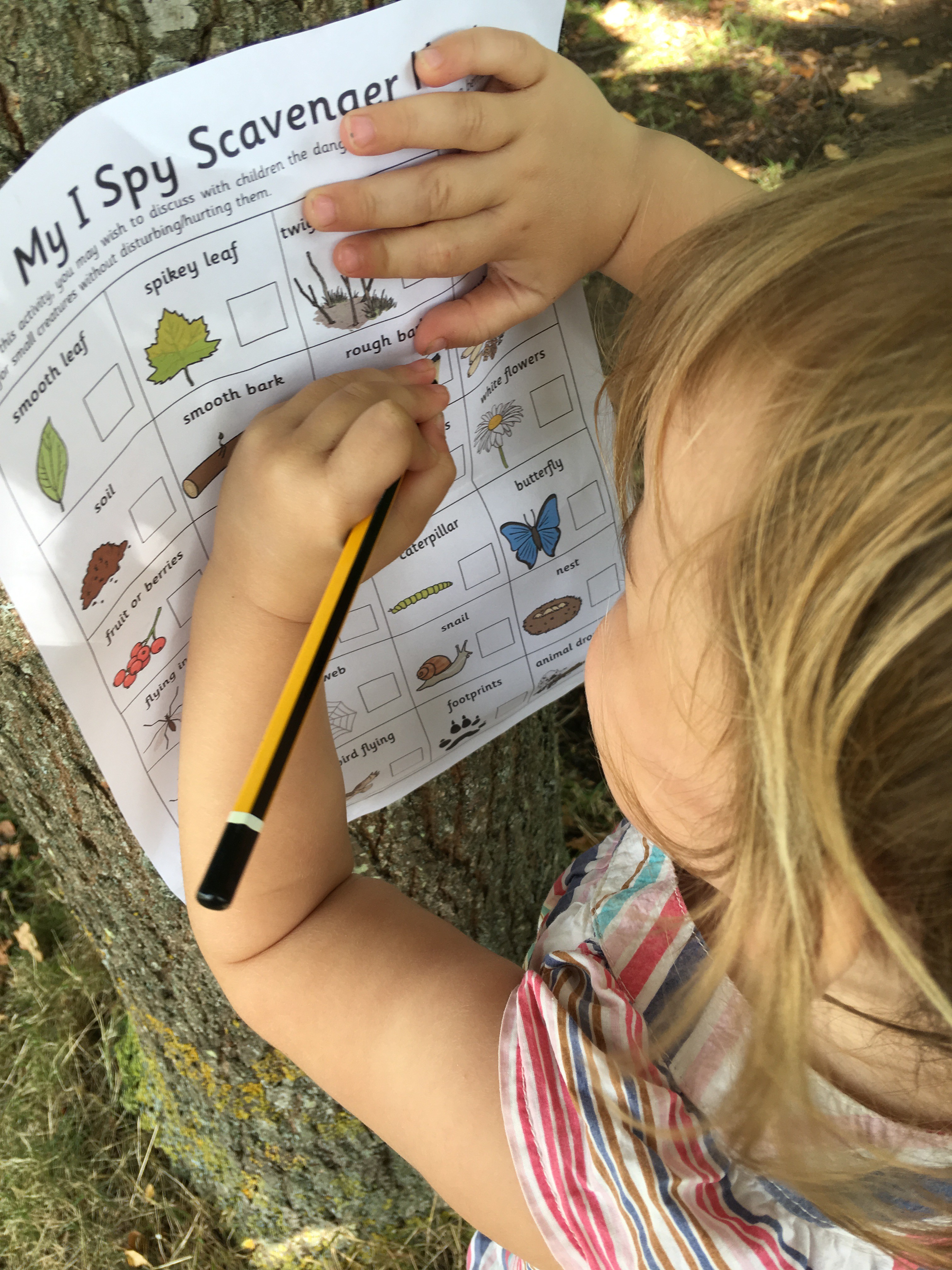This is a sponsored post
Resilience is something that children develop over time with their life experiences and lessons from influential people around them. It’s an important trait, because it allows them to cope with challenging situations and bounce back. There are many things parents can do to help raise a resilient child, as discussed below by a primary school in Hillingdon.

Encourage Independence
As parents, we can’t help but jump in and protect our children whenever they’re faced with a difficult setback or other challenge. However, while it feels like you’re helping, taking over will not help them become resilient. There will be times, particularly as they get older, when you will not be there to help them overcome an obstacle, so it’s important that they develop the skills to do so from a young age. Present them with challenges where you can and encourage them to come up with solutions on their own. Give them responsibilities around the house and generally just try to promote independence, so that your child doesn’t feel like they have to rely on you at every hurdle.

Praise Your Child
When your child is displaying problem solving skills or dealing with a difficult situation without becoming too emotional, be sure to praise them for their efforts. Let them know you are proud of them for overcoming a challenge in a healthy manner. Of course, in order for them to be able to do this, they will need to learn how to respond to certain setbacks through you. In other words, if you get angry or upset when faced with challenges of your own, or you give up at the sight of a minor hurdle, your child will think that this is the right way to respond. Always try to lead by example.

Promote New Experiences
Unless your child is regularly faced with new experiences, they will not be able to step outside of their comfort zone and learn key skills such as resilience. With that said, try and encourage your child to try new things where possible. For instance, on weekends, rather than spending hours playing on their phones, you could suggest that you and your child go out for a walk in the park, plant some seeds in the garden or visit a museum. You could also encourage them to join an extra-curricular club of some description. New experiences will impose a new set of challenges and a new set of challenges will help promote resilience.

